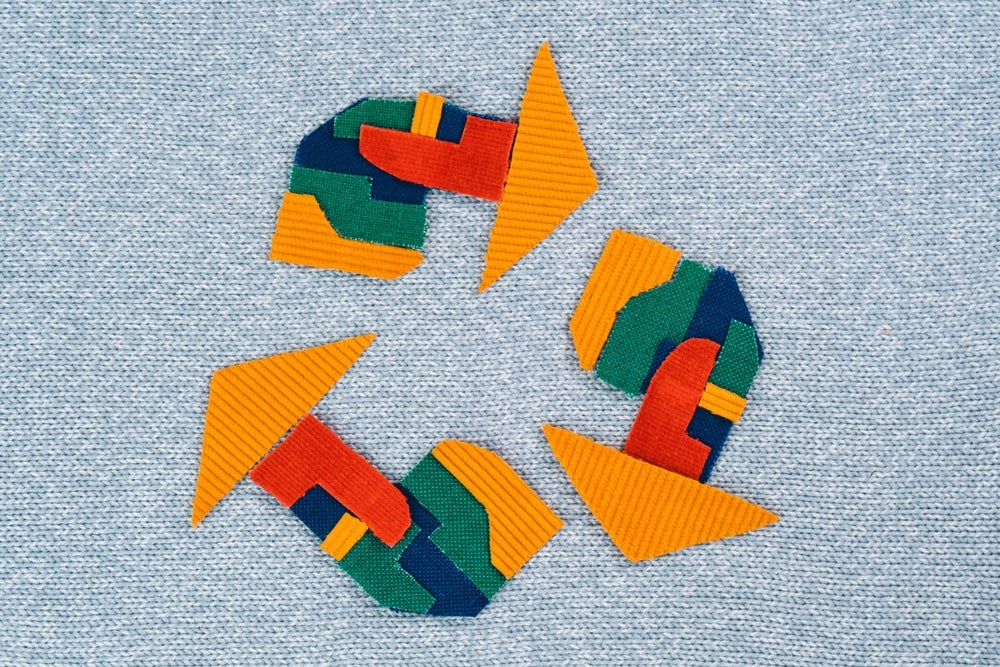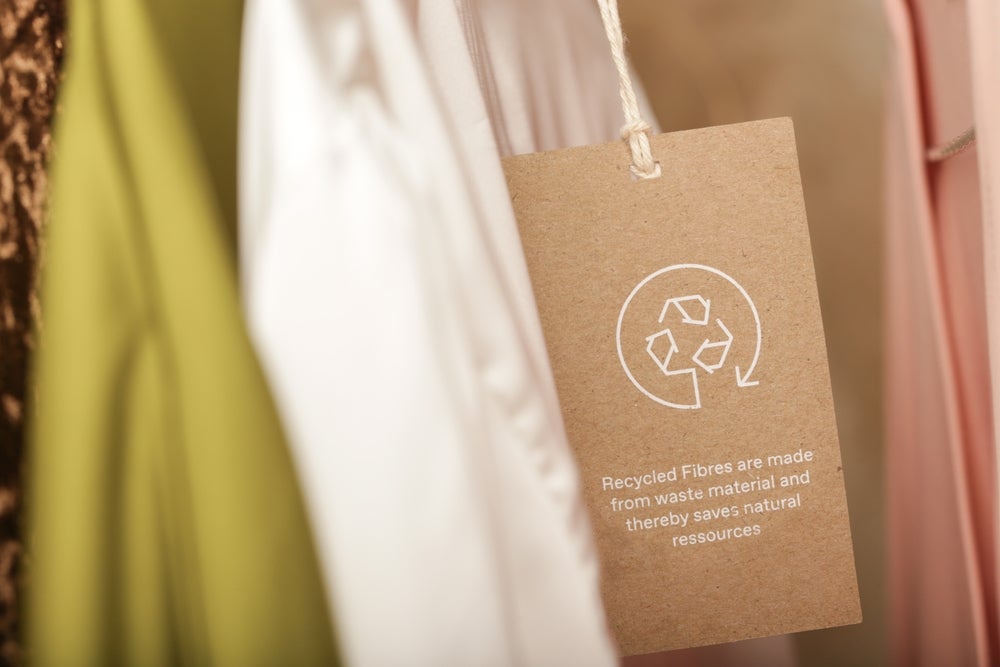The proposed facility aims to “close the loop” by recycling textile waste into nylon 6,6 polymers for use in new textile fabrics. According to Samsara Eco and Nilit, the facility is expected to be operational by late 2026.
Nylon 6,6 is widely used in performance apparel and fashion industries, with an annual production of approximately 4m tonnes. The material has been known to present recycling challenges, particularly when blended with other fibres such as spandex.
Paul Riley, CEO and founder of Samsara Eco, stated that the project aims to create a “circular pathway” for nylon 6,6 and said: “Our vision is to deliver climate repair through infinite recycling. Discarded clothing made from nylon 6,6 such as activewear, and even products like car interiors, typically end up in landfills or are incinerated at the end of life, which has dire consequences for our planet.”
The facility is expected to use Samsara Eco's EosEco technology, which the company describes as a process that breaks down plastic waste into raw materials using enzymes. Nilit plans to contribute its expertise in polymerisation, spinning, and technology to create recycled nylon 6,6 yarn.
The companies state that the technology can process various feedstock inputs, including coloured and blended textiles such as nylon 6,6 with spandex.
Sarah Cook, chief commercial and operations officer of Samsara Eco described the memorandum of understanding (MoU) with NILIT as "an important step to help brands and the world advance nylon 6,6 circularity and reduce plastic waste."
Nilit's general manager, Ilan Melamed, said the partnership is part of their strategy to provide nylon 6,6 products with lower environmental impact. “Together, Nilit and Samsara Eco have the potential to produce infinitely recycled nylon 6,6 that delivers outstanding fabric quality and performance while benefitting the planet,” added Melamed.
In July, Samsara Eco raised $65m to support the development of a plastic-eating enzyme, aiming to recycle materials otherwise headed for landfill.















